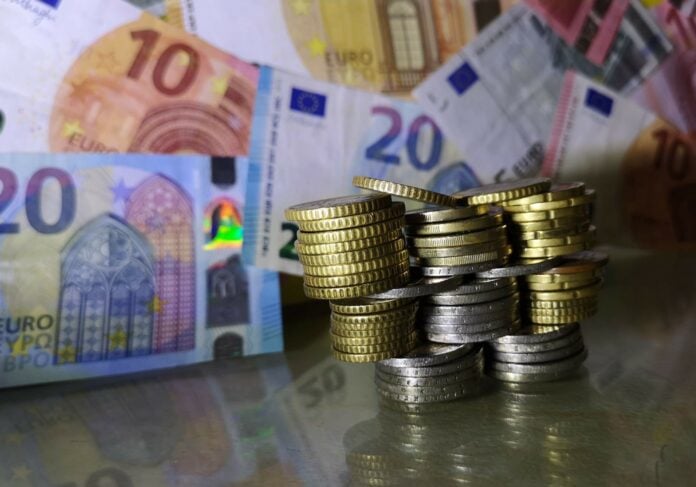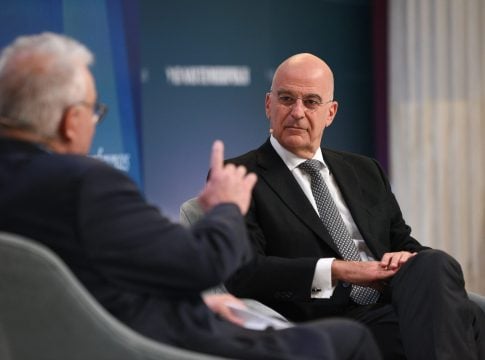Greece’s loan strategy will include a limited number of bond issues in 2025.
According to the 2025 draft budget, key factors for next year’s planning are the high cash reserves, the expected disbursements from the financial schemes already decided at the European level, both from the structural funds and from the Recovery Fund but also the relatively limited financing needs for the year 2024 due to early debt repayments.
The amount of financing needs slightly exceeds 7 billion euros, which, among other things, are distributed:
- 2.25 billion in bond maturities
- 408 million loans to the European Investment Bank and the Development Bank
- 1 billion for the SURE programme
- 1.7 billion which concerns the installment payment for loans from the EFSF
- 1.59 billion from interest-bearing notes
For this year, the Greek government has already borrowed a little over 9 billion euros, covering more than 90% of the goal set based on the 2024 borrowing program of 7-10 billion euros.
In December, the early repayment of three more installments of the loan received by Greece under the first memorandum, totaling 7.935 billion euros, will be completed. This amount concerns the installments for the years 2026-2028. For its payment, our country will for the first time utilize part of the “cushion” of cash reserves, amounting to 5 billion euros, with the consent of the European Stability Mechanism (ESM), reducing it to 10.7 billion euros.
After this repayment, the Debt of the General Government in 2024 is expected to be marginally limited to 356.5 billion euros from 356.7 billion euros which was in 2023. Compared to the country’s GDP, the reduction recorded is greater due to the high growth rates as it is estimated that it will decline to 153.7% of GDP in 2024 from 161.9% in 2023. A further reduction of debt to 149.1% of GDP is seen in 2025 with its nominal value increasing compared to this year, to 361.4 billion euros.
To service the Debt, the Budget paid 6.98 billion euros in interest in 2024, an amount corresponding to 3% of GDP, while in 2025 the relative expenditure is expected to be marginally reduced to 6.9 billion euros or 2.8% of GDP.















